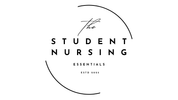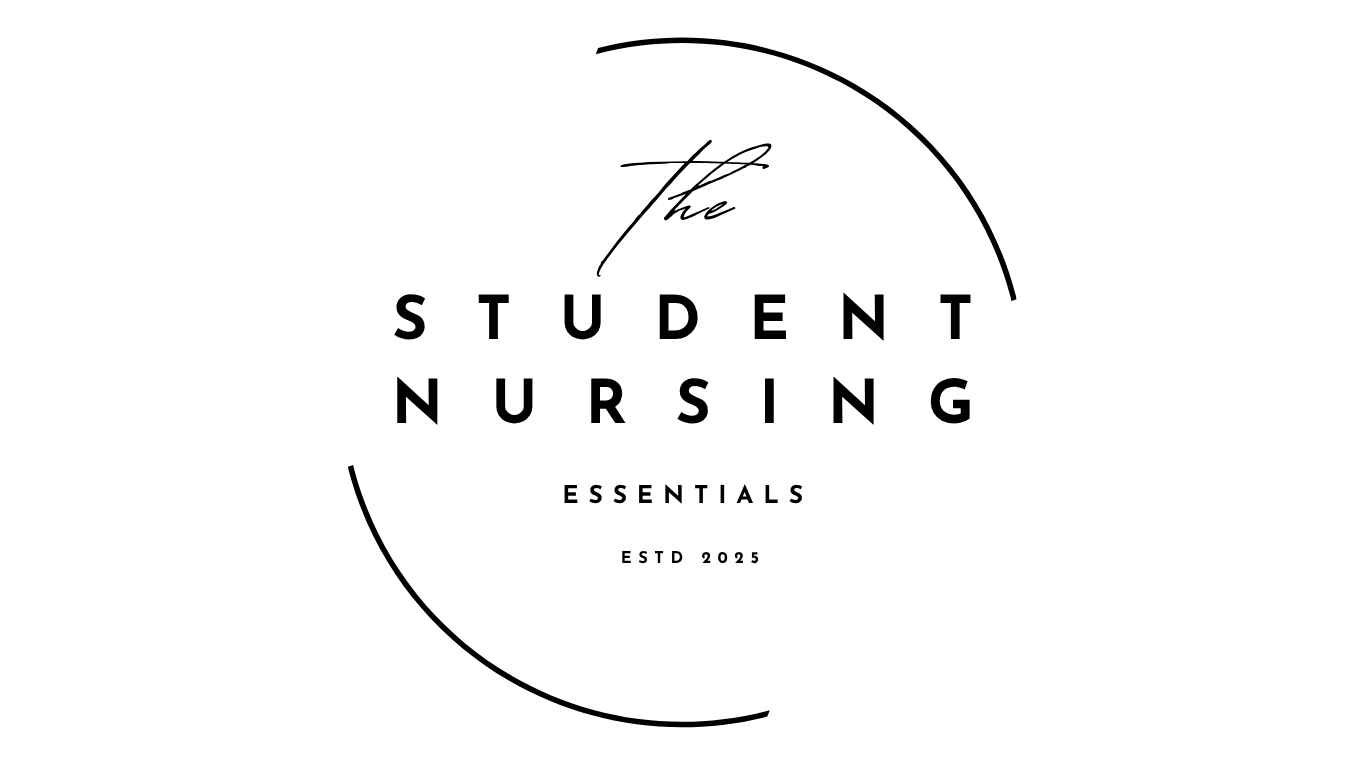Nursing school can feel overwhelming - endless chapters, clinical skills to master, and the looming NCLEX. The good news? You don’t have to study harder to succeed; you just have to study smarter.
Here are evidence-based study strategies every nursing student should know, along with research that proves they work.
1. Follow the 3-Pass Rule
What it is:
-
Pass 1: Skim before class for key terms and main ideas.
-
Pass 2: Engage during class — listen actively, highlight, and take notes.
-
Pass 3: Deep dive after class, filling gaps and reviewing key concepts.
Why it works:
Studies in medical education show that spaced, repeated exposure improves retention and understanding. Doing a quick “pre-read” primes your brain, making it easier to absorb material during lectures (Brown et al., Make It Stick, 2014).
2. Use Active Recall
What it is:
Instead of rereading notes, quiz yourself from memory.
Why it works:
Research consistently shows retrieval practice strengthens long-term retention more than passive review (Roediger & Butler, Trends in Cognitive Sciences, 2011). Nursing students who self-test regularly perform better on exams and NCLEX-style questions.
3. Spaced Repetition
What it is:
Review material at increasing intervals over time (e.g., Day 1, Day 3, Day 7, Day 14).
Why it works:
The spacing effect is one of the most replicated findings in cognitive psychology — it moves information from short-term to long-term memory (Cepeda et al., Psychological Science, 2006). Apps like Anki or Quizlet make it easy.
4. Create a Study Flow
What it is:
Organize study sessions:
Pathophysiology → Medications → Nursing Interventions → Red Flags → NCLEX-Style Questions
Why it works:
This mirrors clinical reasoning and the NCLEX test blueprint. It helps you see connections between disease processes, treatments, and patient outcomes — exactly what Next Gen NCLEX questions require.
5. Use Visuals
What it is:
Draw concept maps, diagrams, or color-coded charts.
Why it works:
Dual coding theory (Paivio, 1991) shows combining words with visuals strengthens understanding and recall. In nursing, diagrams can make complex topics (like cardiac blood flow) much easier to grasp.
6. Teach It to Learn It
What it is:
Use the Feynman Technique — explain the concept in plain language as if teaching a patient.
Why it works:
Teaching forces you to organize your thoughts, identify gaps, and simplify complex information, which improves mastery (Fiorella & Mayer, Educational Psychology Review, 2013).
7. Batch Topics
What it is:
Group related content (e.g., all cardiac topics) instead of studying isolated chapters.
Why it works:
This helps you make conceptual connections, which improves clinical judgment and retention.
8. Power Hours
What it is:
Study in 50-minute focused sessions with 10-minute breaks.
Why it works:
The Pomodoro Technique and similar interval-based study methods boost focus and reduce burnout (Cirillo, 2006). Short breaks help your brain consolidate learning.
9. Track Progress
What it is:
Use a weekly goal tracker to check off completed topics.
Why it works:
Goal setting and self-monitoring are linked to higher academic achievement (Schunk, Journal of Educational Psychology, 1990). Plus, progress tracking keeps motivation high.
Bottom Line
These strategies aren’t just good ideas - they’re backed by decades of learning science research. Nursing school is a marathon, not a sprint. By studying smarter, you’ll retain more, stress less, and walk into the NCLEX feeling prepared and confident.


